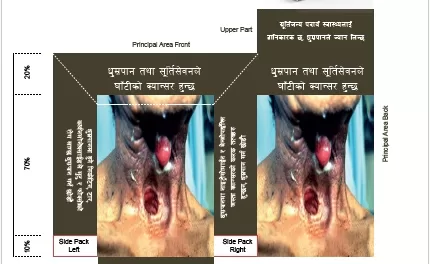A recent study by MedUni Vienna emphasizes the necessity for gender-specific diagnostic approaches for systolic heart failure in patients with type 2 diabetes (T2D). The findings, published in the journal “Cardiovascular Diabetology,” reveal that current diagnostic methods are less reliable for women compared to men. Given the higher prevalence of heart disease among women with T2D, the study suggests incorporating gender aspects into existing guidelines to enhance patient care.
Key Findings
The study, led by gender medicine specialist Alexandra Kautzky-Willer from the Division of Endocrinology and Metabolism, in collaboration with Martin Hülsmann and colleagues from the Division of Cardiology, analyzed data from 2,083 T2D patients over five years. The researchers focused on gender-specific differences in common diagnostic methods for systolic heart failure.
T2D patients are up to four times more likely to develop heart failure than those without T2D, with women being more than twice as likely to be affected as men. Despite this, current guidelines do not offer gender-specific recommendations for diagnosing heart failure in T2D patients. Standard guidelines recommend further investigations for both sexes, such as determining the NT-proBNP marker in the blood and performing an echocardiogram. Based on the NYHA classification, patients are categorized by symptom severity, from which treatment strategies are derived.
Gender-Specific Diagnostic Challenges
The study highlights that the standardized approach currently in place does not adequately address the specific needs of female and male T2D patients. While higher NYHA grades correlate with higher NT-proBNP values, more frequent heart failure diagnoses, and a higher risk of death in men, this correlation was not observed in women. Interestingly, NT-proBNP’s significance for heart failure was higher in both sexes, especially in women, compared to clinical symptoms. This suggests that women often exhibit no symptoms or do not report them, despite already suffering from manifest heart failure.
Sarah Hofer-Zeni, the study’s first author from the Clinical Department of Endocrinology and Metabolism, noted, “Our results suggest that reduced performance may not be suitable for screening heart failure in women with T2D.”
Implications for Diagnosis and Treatment
According to Alexandra Kautzky-Willer, “NT-proBNP values can be very sensitive and early markers of heart failure, especially in women. Diagnosing the heart disease as early as possible and adapting the treatment with new, very effective drugs is essential for the prognosis of patients with T2D.” The study supports the need for heart failure screening in women with T2D to rely more on biomarkers than symptoms and for guidelines to incorporate gender-specific aspects.
Conclusion
This research underscores the critical need for gender-specific diagnostic criteria for heart failure in T2D patients. By tailoring diagnostic and treatment strategies to account for gender differences, healthcare providers can improve outcomes for all patients, ensuring more accurate and timely care.
Source: Medical University of Vienna
Journal Reference: Hofer-Zeni, S., et al. (2024). Sex differences in the diagnostic algorithm of screening for heart failure by symptoms and NT-proBNP in patients with type 2 diabetes. Cardiovascular Diabetology. doi.org/10.1186/s12933-024-02360-6












